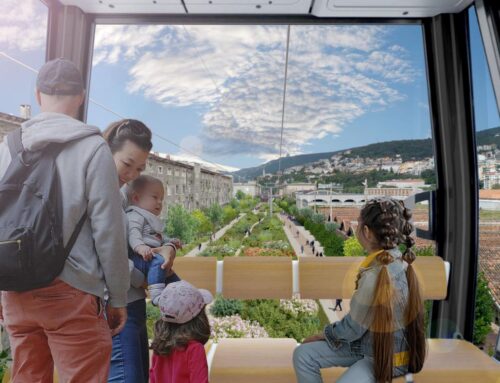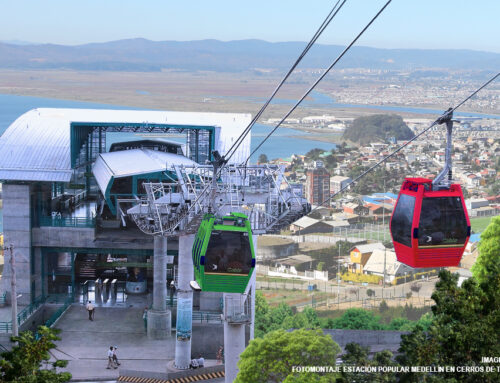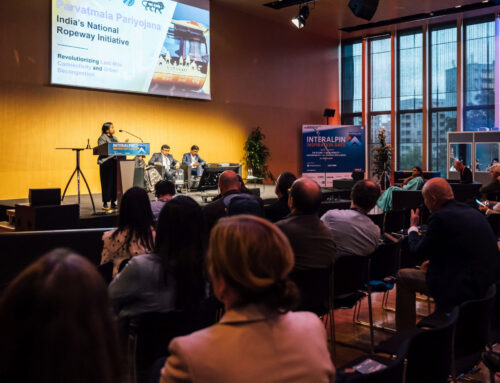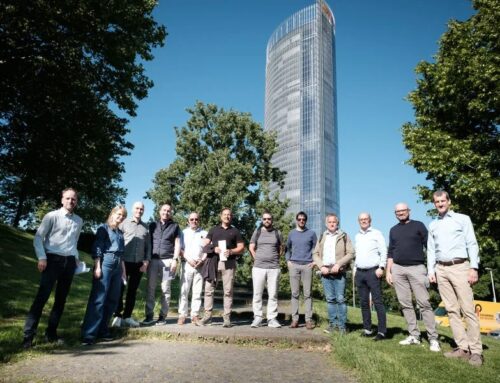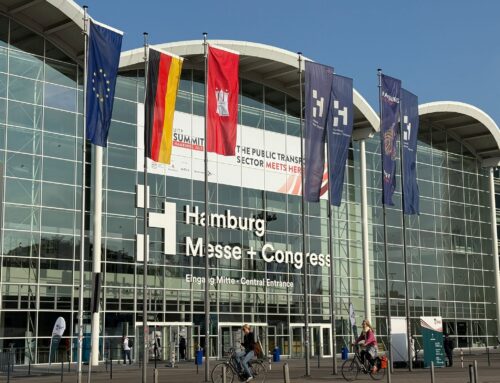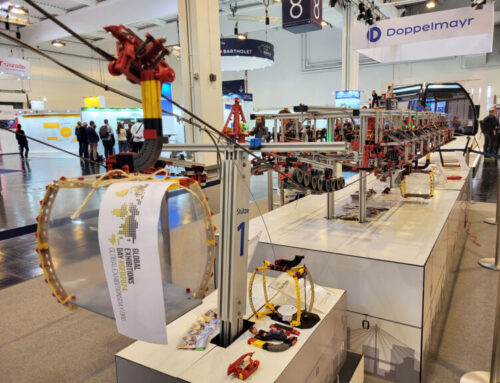
Cities, SI World 2/2019
Urban cable cars: What about european procurement law?
From Volker Dobmann, Specialist lawyer for procurement, Berlin
Unlike independent and selfinitiated operation of cable cars by private companies, e.g. in ski resorts on private land, the situation is presented differently when the public sector comes into play and commissions the operation of cable cars from cable car operators, supports it with grants or even buys cable cars for itself to transport people from one place to another in the city.
In this case, the respective authority is essentially bound by procurement law and obliged to conduct a competitive process in accordance with fixed rules. The ordering of a transport service, which may comprise a service contract or a service concession, is subject to procurement law.
In the case of a public service contract, the operator of a cable car receives a specific fee from the authority for the service which the operator must then provide. A service concession differs from a service contract in that the operator receives the right to profit from the service and must bear the economic risk independently.
This can be implemented by means of the operator receiving the journey revenue. If appropriate, a subsidy may be paid, although this must not be so high that it removes the economic risk for the operator. The so-called threshold value in 2019, i.e. the value from which tenders for the service must be invited all over Europe, is generally € 221,000.00 for a service contract and € 5,548,000.00 for a service concession.
The respective values must be estimated with respect to the duration of the contract. These combinations must be borne in mind if public clients wish to have cable cars operated by private companies, whether they are integrated into an existing local public passenger transport system or additional for a special event, e.g. such as garden shows like in Berlin or Koblenz.

The cable car in Koblenz connects Deutsches Eck and the fortress of Ehrenbreitstein. Photo: Joachim Hofmann-Göttig
Nonetheless, there is an exception to every rule: according to the European procurement directives, any authority also has the option of so-called “in-house procurement”, if an order or concession is place directly with a company that is controlled by the public sector. This is the case if control is exercised “as over an internal department” and at least 80% of the activity of the company is performed for the authority.
In this respect, authorities can also award public contracts or service concessions for operation of cable cars to municipal companies, if they meet the requirements for “in-house” procurement. There is no need to conduct a tendering process in the case of such “ direct procurement”.
If an authority conducts in-house procurement and commissions a municipal company to operate an urban cable car, however, this does not mean that the end has been achieved under procurement law. In many cases, the municipal company is a so-called utility contracting authority, which offers transport services.
It is stipulated in the European procurement directives that the term transport services covers the provision and operation of networks to provide the general public not only with railway transport, automated systems, trams, trolleybuses and buses but also cable cars (art. 11 of the so-called utilities directive 2014/25/EU).
A network is considered to exist here if the service is provided in accordance with official requirements. This also includes the specification of routes, transport capacity and timetables. That means a so-called utility contracting authority is created, which is itself again subject to procurement law.
This also specifically concerns the combination where cable cars are already operated by municipal transport companies, e.g. such as in Cologne. The purchase e.g. of cable cars for independent operation of a cable car system or subcontracting of the order is therefore subject to procurement law.
In 2019 the threshold value in the utility sector is € 418,000.00. It therefore appears that clarification of the question of whether cable cars should be operated in the cities of the European Union also raises questions of procurement law, which must be clarified carefully before the placement of orders.
VOLKER DOBMANN
Lawyer Dr Volker Dobmann,
specialist lawyer for procurement
law, Berlin.

- Degree in law and politics in Erlangen and Berlin
- Legal internship at the supreme court
- Practising lawyer since 1996
- Doctorate at Humboldt University, Berlin, 2005
- Permanent employee of Vergaberecht magazine
on procurement law since 2010 - Specialist lawyer for procurement law since 2017
